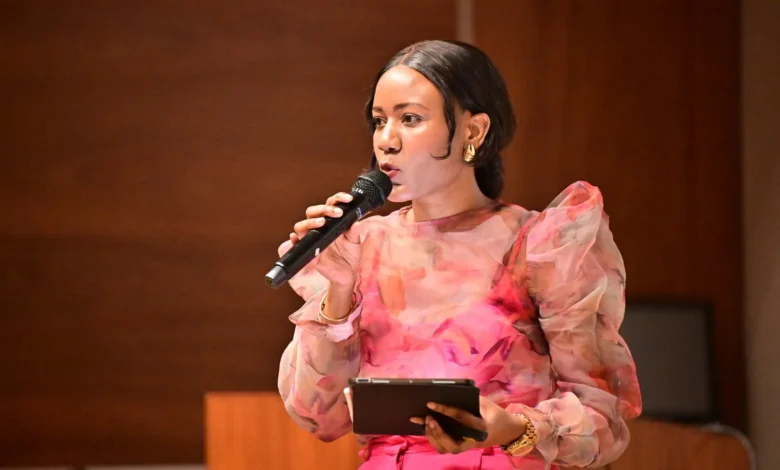UP Confronts The ‘Silent Epidemic’ Of Workplace Bullying

UP Confronts The ‘Silent Epidemic’ Of Workplace Bullying. In the midst of a rapidly evolving working landscape, workplace bullying is becoming what experts call a “silent epidemic”. This pervasive issue quietly inflicts emotional and psychological damage on individuals, eroding the foundations of professional relationships and workplace culture.
These insights were drawn from a recent event hosted by the University of Pretoria’s (UP) Centre for the Future of Work (CFoW) in recognition of International Workplace Bullying Awareness Week, observed from 13 to 19 October 2024. The event brought together thought leaders and practitioners to engage in discussion about the implications of workplace bullying and the necessity of fostering psychological safety in hybrid workplaces.
Despite its widespread occurrence, workplace bullying often remains unaddressed, as victims grapple with fear and stigma that discourage them from speaking out. As organisations embrace hybrid and digital work models, the need to confront this silent epidemic has never been more urgent.
Dr Olebogeng Selebi, Deputy Director of the CFoW, set the tone for the discussions by highlighting the critical role of mental health in workplace productivity. “Mental health and wellness are key to ensuring optimal functioning and productivity,” she asserted. “We must prioritise the mental well-being of employees to foster a thriving workplace.”
The event explored various organisational factors that enable bullying to thrive, such as poor communication, lack of clear policies and inadequate leadership training. These elements create an environment where negative behaviours can flourish, undermining the core values of respect and collaboration that are essential for any successful workplace.
The profound effects of workplace bullying extend beyond the victims themselves, affecting bystanders and the overall work culture. Individuals who witness bullying may experience feelings of helplessness and guilt for not speaking out or intervening. “Bystanders often carry the weight of guilt for not helping, which can contribute to a toxic atmosphere,” said Dr Motsei, author of the book Building Psychologically Safe Spaces. “This guilt reinforces the silence surrounding bullying and allows negative behaviours to persist.”
Dr Ngao Motsei, further highlighted the stigma that often silences victims. “It’s a silent epidemic because many individuals feel unsafe discussing their experiences. When they do speak out, they often face further victimisation, especially when the perpetrators hold positions of power. This leads many to suffer in silence.”
The complexities of power dynamics and intersectionality in workplace bullying were also examined. The interaction of various identities – such as race, gender and socio-economic status – can exacerbate the effects of bullying, making it imperative for organisations to adopt a nuanced approach to understanding and addressing these issues.
The significance of the event resonated with attendees, including Bokang Phoshana, an intern at Old Mutual Corporate. “Such events are important because they help us to become better employees and leaders, and as individuals, to treat each other better, including those who are often excluded from society,” she remarked. “After the event, I felt empowered and more mindful of others, especially those with disabilities or those that society tends to overlook.”
As the conversation around workplace bullying gains momentum, events such as this serve as platforms for awareness and change, reinforcing the importance of prioritising mental health in hybrid workspaces. By fostering an environment of understanding and support, organisations can work towards breaking the silence surrounding workplace bullying and create a safer, more inclusive workplace for everyone.




